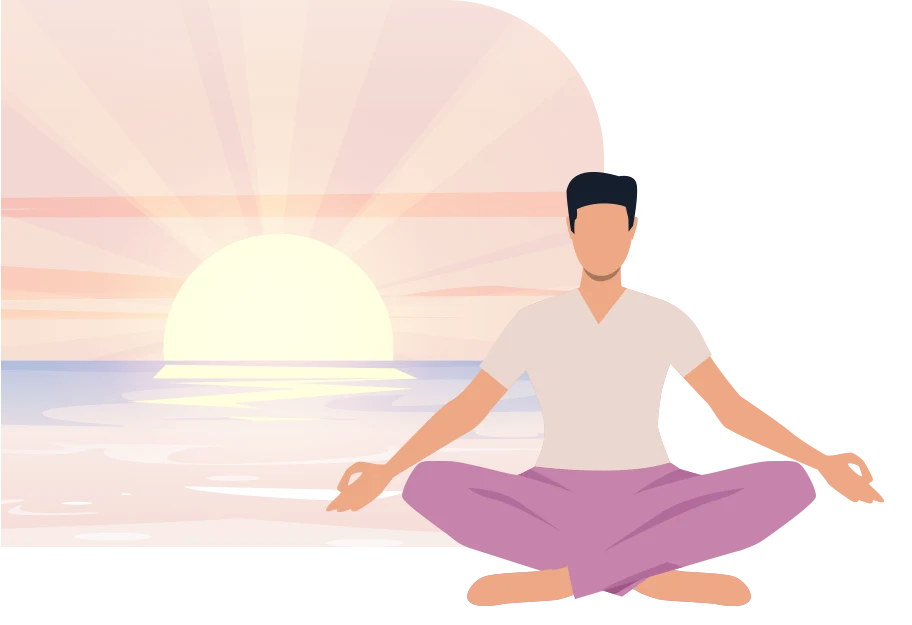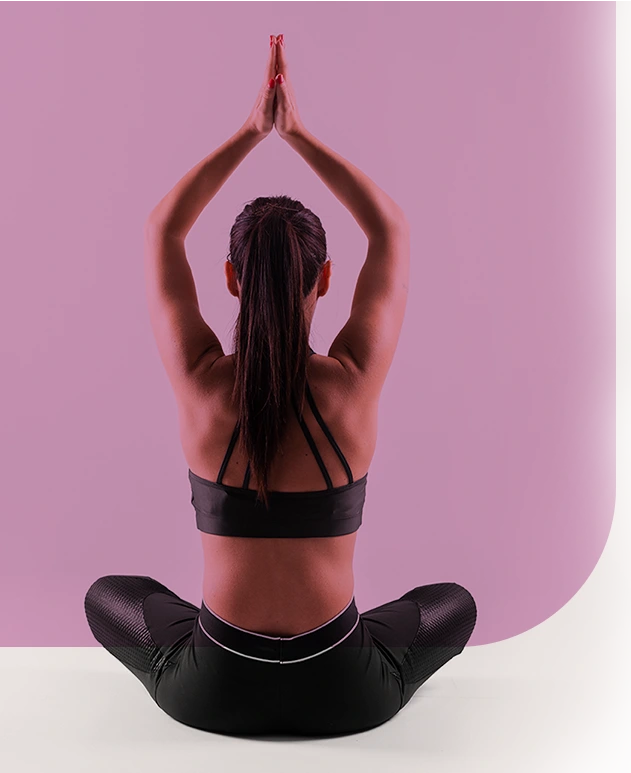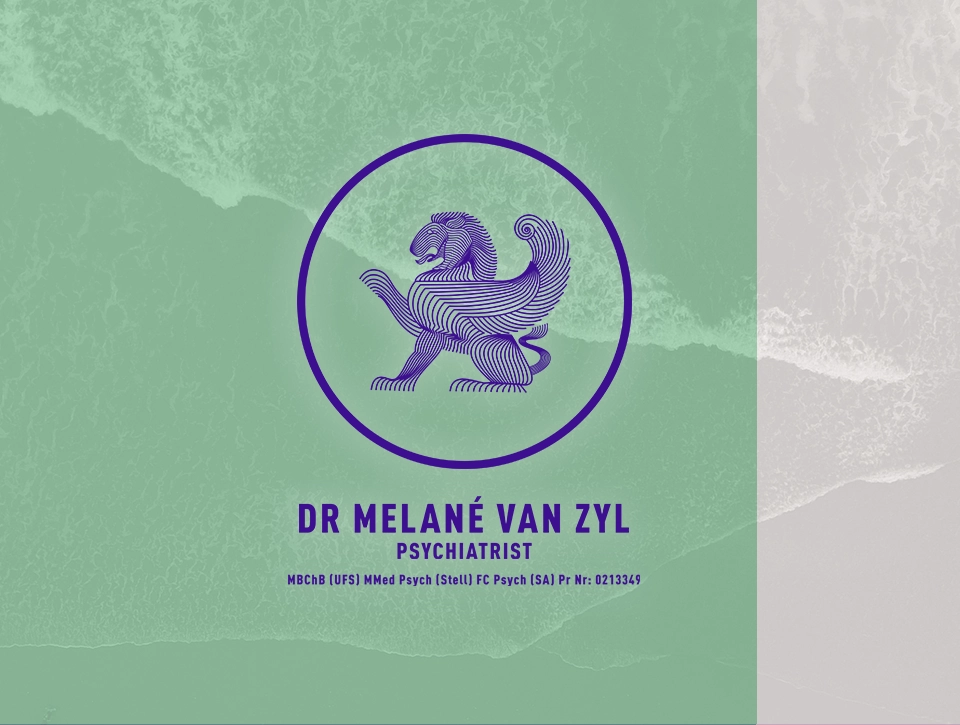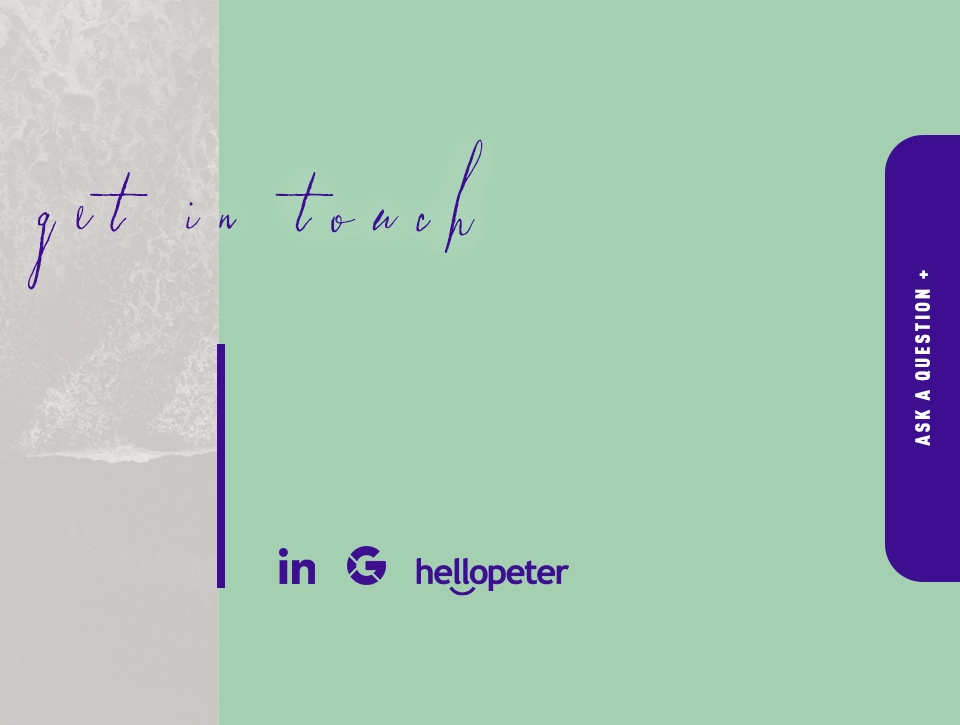


Simply put, yoga is a physical, mental and spiritual discipline based on 3,500 years of wisdom.
It originates from India but is widely practiced in the West. The word ‘yoga’ comes from the Sanskrit word ‘yuj’ (‘to yoke’) or ‘bring together’. Much more just than a relaxation exercise, yoga is about developing skills that can calm the mind, overcome physical limitations and transcend the ego. In other words, yoga is a complete mind-body practice. The body teaches us many lessons about our lives which can eventually bring us inner peace and relief from suffering.
Originally an Eastern practice, yoga has become an evidence-based practice, used to help with the treatment of trauma (again as described by Bessel van der Kolk) and integrates with MBSR and DBT programmes.
Yoga offers us many benefits, including the physical, psychological, and spiritual aspects of our lives. Yoga is incredibly flexible (pardon the pun) to provide a consistent, safe, and happy place. To be ok within your own body is often the first step toward healing.
I have found that many people are a bit intimidated by the picture that yoga is for super flexible people dressed in lycra. Many are not used to being mindful when moving their bodies, and doing yoga might even be scary to people who have experienced trauma.

So welcome to my type of yoga- I call it yoga for people who think they will not do like or be able to do yoga. I like to experiment with different types of yoga, including Yoga Nidra (you lie on your back for most of the session mmm….), Yin yoga to release the fascia, and Kundalini, the most potent mentally energetic yoga.
We sometimes include other mindful movements, e.g., qigong and breathwork.

Mindfulness is noticing what we are experiencing in the moment without judging our experiences. It sounds simple (and it is) but it can be a life-changing practice.
Mindfulness meditation is an effective technique for the treatment of trauma. It’s also extremely useful in helping to relieve symptoms of depression, anxiety and chronic pain. Research has found changes in the brain after a course of daily meditations. These changes can be seen on brain scans and EEGs, and even in certain blood tests.


Mindfulness-based stress relief (MBSR) is a well-researched intervention developed by Jon Kabat-Zinn. It is typically a group therapy presented over about eight weeks. It includes learning to meditate in various forms (such as sitting or walking meditation) and involving the body by way of mindful movements, usually yoga. Jon Kabat-Zinn is a remarkable man who embodies the essence of mindfulness while also being a respected scientist. Among his several memorable quotes is my favourite: “As long as you are breathing, there is more right with you than there is wrong.”
Post graduate certificate in mindfulness-based stress relief and cognitive therapies
Currently, I present the eight-week Mindfulness-based Cognitive Therapy (MBCT) program. This program is designed to prevent relapse from depression, implying that the patient can be relieved from the recurrent cycle of depression (in other words- some patients can eventually stop their antidepressants).


Get in touch
MEDICLINIC SANDTON
TELEPHONE : 011 463 1400 | 081 832 8680
EMERGENCY CELL: 076 895 4591
Please Present to Mediclinic Sandton or Life Glynwood (Benoni)
EMAIL: info@drmelanevanzyl.com




